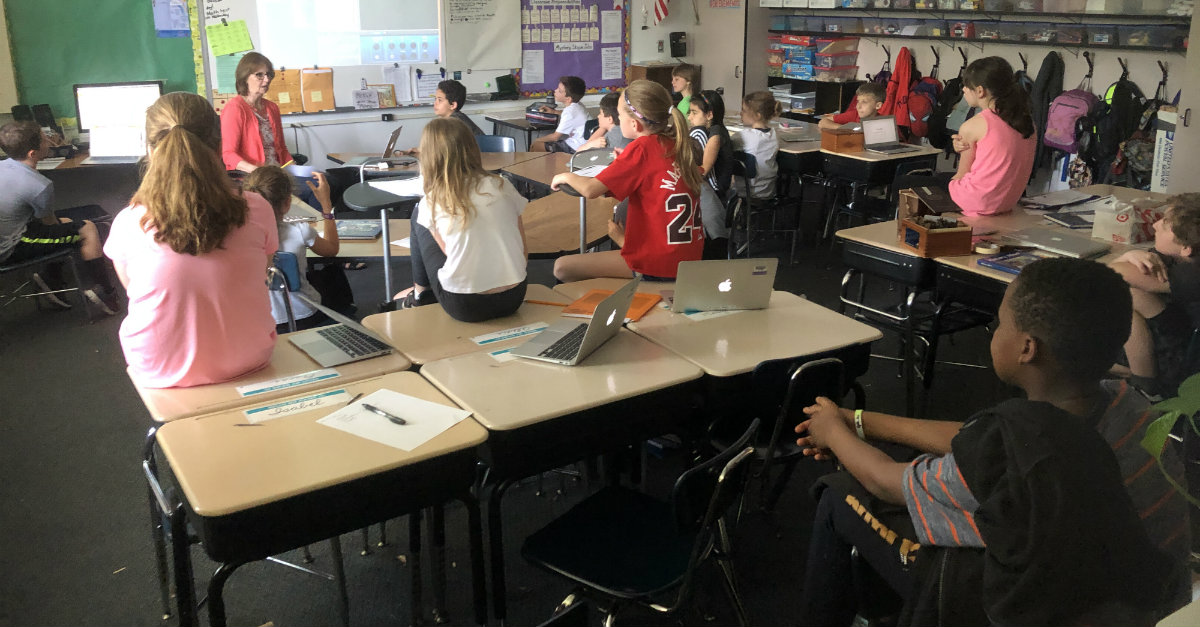Who could possibly be against student-centered learning? I am. But not for the reasons you think. I’m not here to tell you that we’re raising a generation of coddled and entitled narcissists who need to suck it up and do what society expects of them. I won’t rant about the need for shared content knowledge or uniform academic expectations. I’m just going to suggest that school, when we think about it wisely, is not about kids. At least, not if we want what’s best for them.
What is School For?
I recently listened to an outstanding discussion about the purpose of K-12 education on the Transforming Learning podcast from Communications by Design Consulting. Four incredible educators weighed in on what—and who—school is for, and how our answers should drive our practice. The conversation was deep, far-ranging, and engaging; I encourage you to listen with a notepad to record the thoughts it provokes. As I did, several critical motifs jumped out:
- School is about preparing human beings to be successful.
- Success is not primarily about economics; viewing school as an engine of economic growth betrays a myopic and impoverished perspective on human life.
- Student success consists of flourishing holistically.
- Students, parents, educators, and community members generally agree that content knowledge is only a small component of truly flourishing.
There’s No “I” in “Classroom”
As an educator who believes passionately in the power of purpose-based learning, I was gratified to see them take it one step further: to discuss our need to challenge the culture of individualism. Tracy Horodyski, the 2017 Michigan Teacher of the Year, explained her belief that we exist largely as communal creatures—that we discover ourselves through others.
This perspective has an august tradition dating back to Aristotle, who argued cogently that “man is by nature a social animal.” If we agree that this is the case, we need to consider the possibility that truly flourishing requires that school be oriented toward the community—and that school orients students toward that community.
World-Centered Learning
This is what I mean when I say I’m against student-centered learning. If we really want to teach our students well, we need to direct their focus toward something larger than themselves. From a student’s perspective, student-centric learning is egocentric learning; school is for you and about you. Instead, let’s cultivate classrooms that help cure our culture’s addiction to selfishness. Why not orient them toward selfless lives of service?
The exciting thing is that when classrooms are engaged in authentically making the world a better place, students become more engaged. When their content knowledge is integrated into projects with a purpose, then they value it more highly; this increases retention.
Build Brilliantly
Perhaps this is semantics. After all, classrooms where students engage in projects make the world a better place. Students typically benefit from all the wonderful things associated with student-centered learning: ownership, agency, positive relationships, and relevance to the broader world. A student-centered class does a world of good, but words matter, and a subtle shift from student-centrism to purpose-based learning might help us do a world of better. If we want our classrooms to build a brilliantly flourishing society, let’s build experiences that allow students to make the world a better place.

